By Kevin M. Hymel
“Why the hell am I here?” Lt. Richard Winters asked himself as he pulled out of his parachute harness in the first hours of D-Day. Winters, a platoon commander in E Company, 506th Regiment, 101st Airborne Division, found himself in France with only his jump knife for protection. The C-47 transport plane he had just jumped out of had been flying too fast and too low for a safe fall. The prop blast had ripped off his leg bag, which was filled with equipment, as he exited the plane. He described his short drop as “too close for comfort.”
With only his knife, Winters approached an Airborne soldier with two rifles. Winters was about to ask for one, but the trooper was shaking so badly with fright that Winters merely said to him: “Follow me.” He spent the next few hours gathering men and getting situated. When he drove his knife into the ground to drape a poncho over his head to examine a map with a flashlight, someone stole the knife. A soldier handed him a grenade. Eventually he came across a dead American and picked up his rifle and ammunition.
Taking the Guns Outside Ste. Marie-du-Mont
Winters continued gathering men until Company E had 11 troopers as part of the 2nd Battalion, which had only 80 men. The soldiers headed toward the French town of Ste. Marie-du-Mont, where the battalion had discovered a battery of four German 105mm cannon. Those guns, manned by no less than 130 men, were blasting into the troops of the Fourth Infantry Division landing on Utah Beach. The job of taking the guns went to E Company.
Winters went to work. After explaining to his men that they were about to make a frontal assault on the guns, he set up two machine guns to provide covering fire and moved his men forward to their jump-off positions. Just as he crawled forward to lead his men, Winters spotted a German helmet moving down a trench. He fired his M-1 rifle, killing the German.
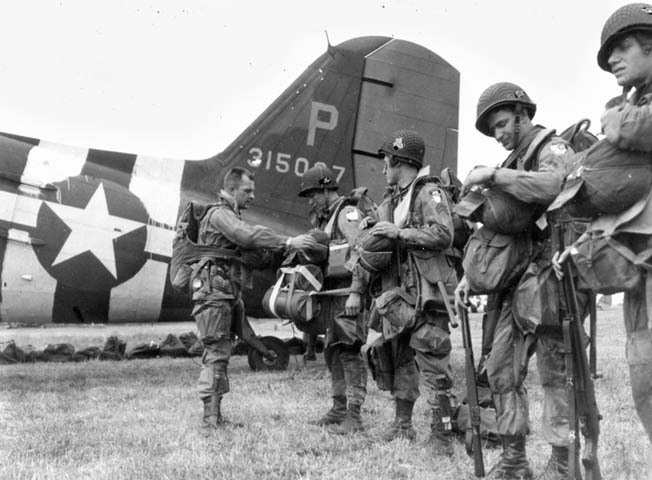
Winters’ men began firing into the German positions from three directions. “Follow me!” he shouted for the second time that morning as his assault team charged. The Airborne troops chased the Germans from their positions with a hail of gunfire and hand grenades. Winters, with two other soldiers, cut down four Germans on the run. Realizing that the Germans would probably launch a counterattack, Winters flopped down into the enemy trench where he came across two Germans setting up a machine gun. “I got in the first shot and hit the gunner in the hip; the second caught the other boy in the shoulder.”
Lt. Richard Winters: A Man Who Truly Made a Difference
It was then that Lt. Richard Winters found himself at the first gun without any explosives, and ordered a soldier to retrieve his demolition kit. He then led a five-man attack on the second gun, which he took with only one casualty, then charged the third. Explosives arrived, and Winters and his men set about destroying the three guns. The fourth gun was captured and destroyed by a lieutenant from another company. Having completed his mission and realizing that his men were stretched too thin, Winters ordered a withdrawal.
Winters was always proud of his actions on D-Day, but he never knew how important taking those guns had been until Dr. Stephen Ambrose published his story in Band of Brothers, E Company, 506th Regiment, 101st Airborne, From Normandy to Hitler’s Eagle’s Nest in 1992. A few months after the book came out, Winters received a letter from Elliot Richardson, who had been President Richard M. Nixon’s secretary of defense. Richardson wrote that he had been a medic with the Fourth Division in the second wave of troops coming ashore on Utah on D-Day and was retrieving a wounded tanker from a minefield on the beach when the incoming artillery abruptly stopped. “Now I know why the artillery fire ended on Utah Beach.” Richardson thanked Winters for his actions on D-day.
Most often soldiers in combat never know how their efforts help anyone outside their immediate field of vision. Soldiers can usually only see how their actions save the lives of their comrades and vice versa. The enemy, who they might see after a battle, is often either a nameless mass of men with their hands above their heads, or a pile of dead. But to find out, from a soldier miles away, in an entirely different division, that a small battle actually did save lives and touched those under fire, is a rare experience afforded to few soldiers. Winters would always know, now, that he truly made a difference.
Originally Published in WWII HISTORY Magazine
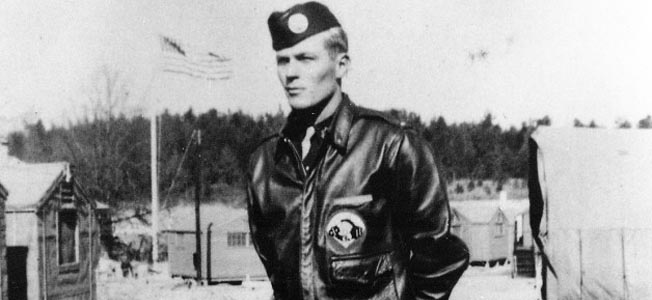
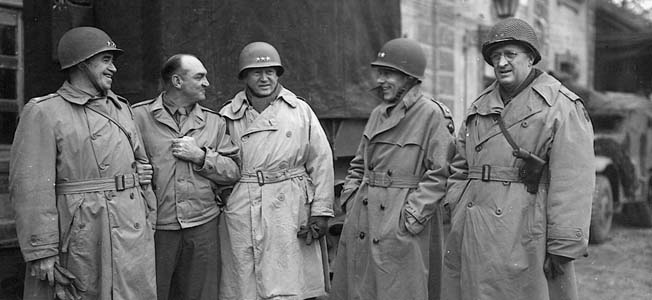
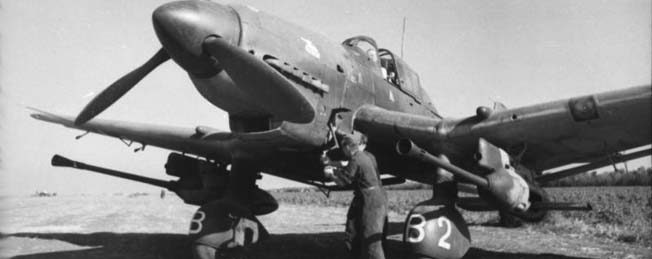
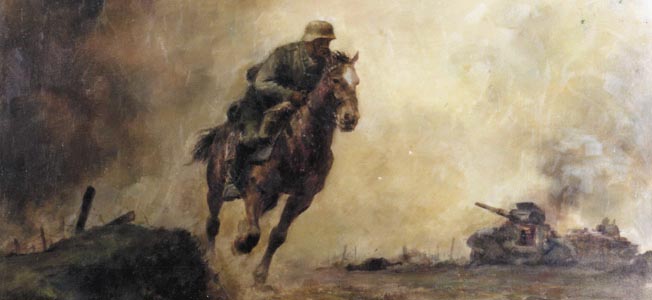
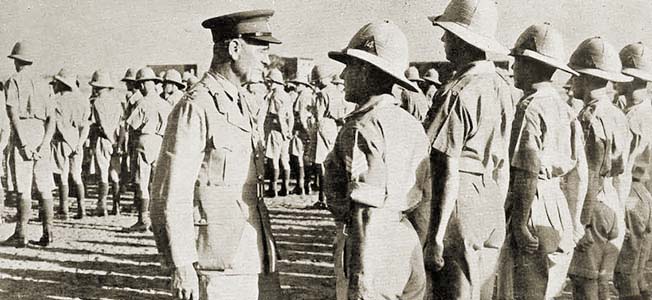
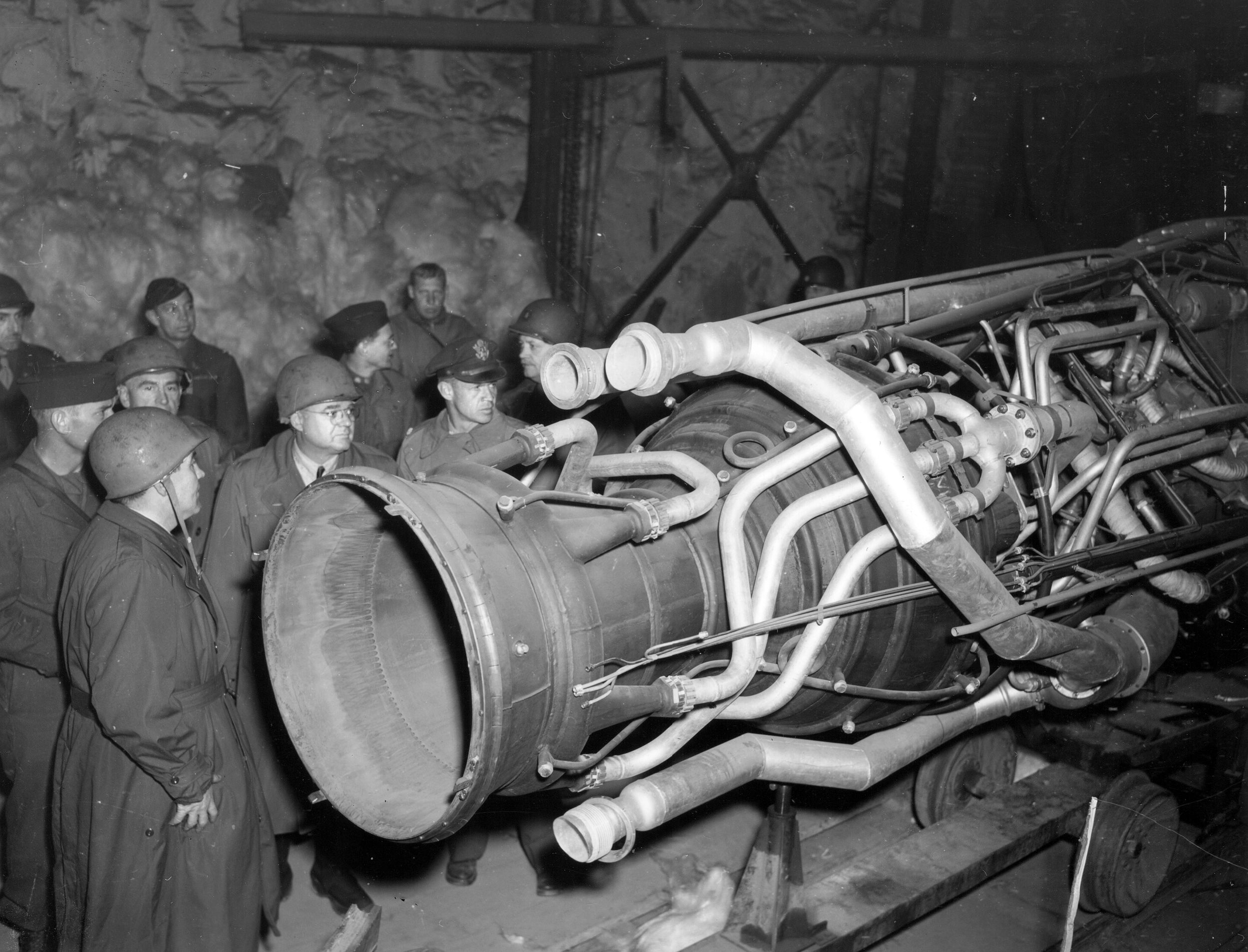
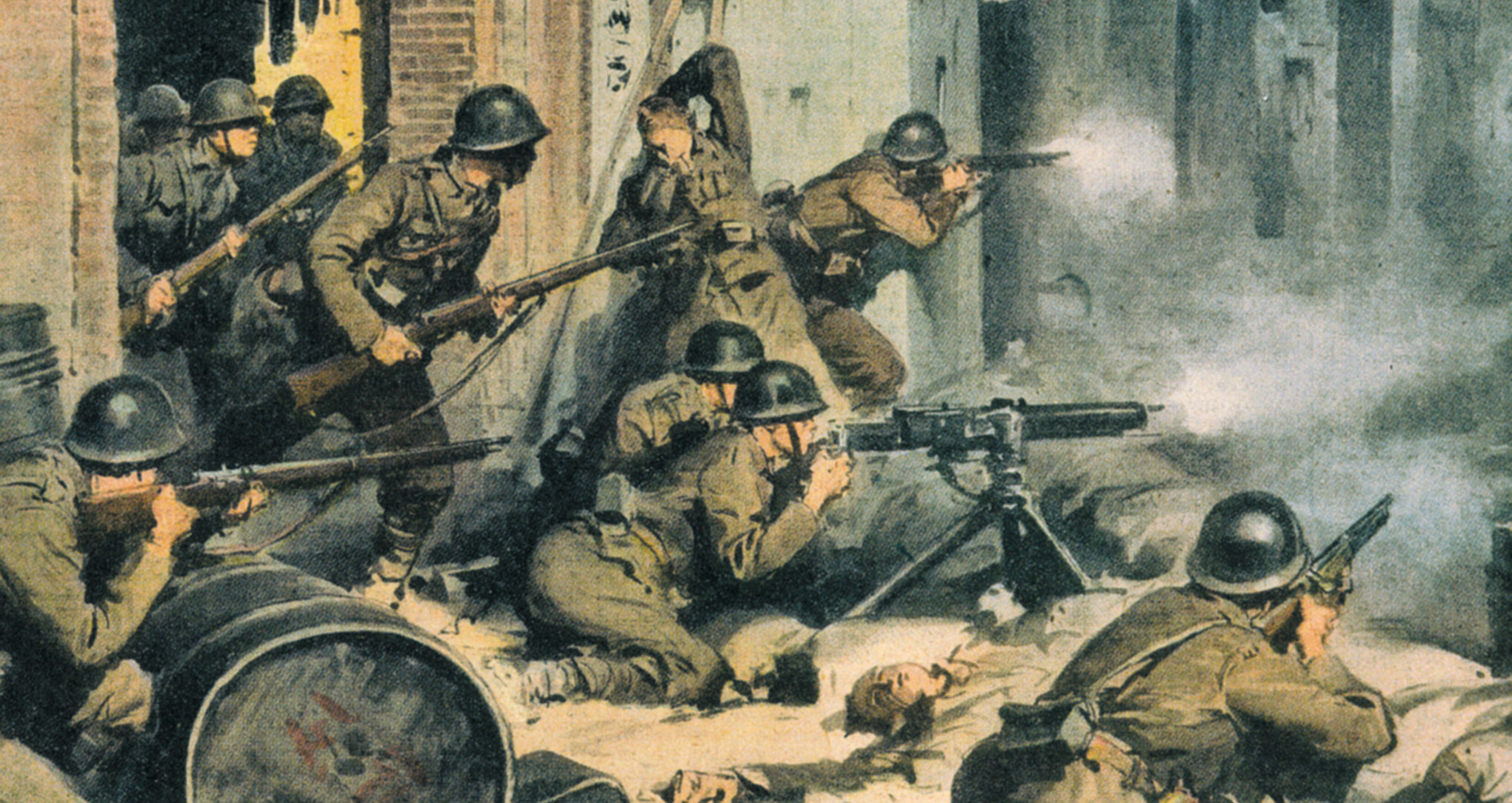
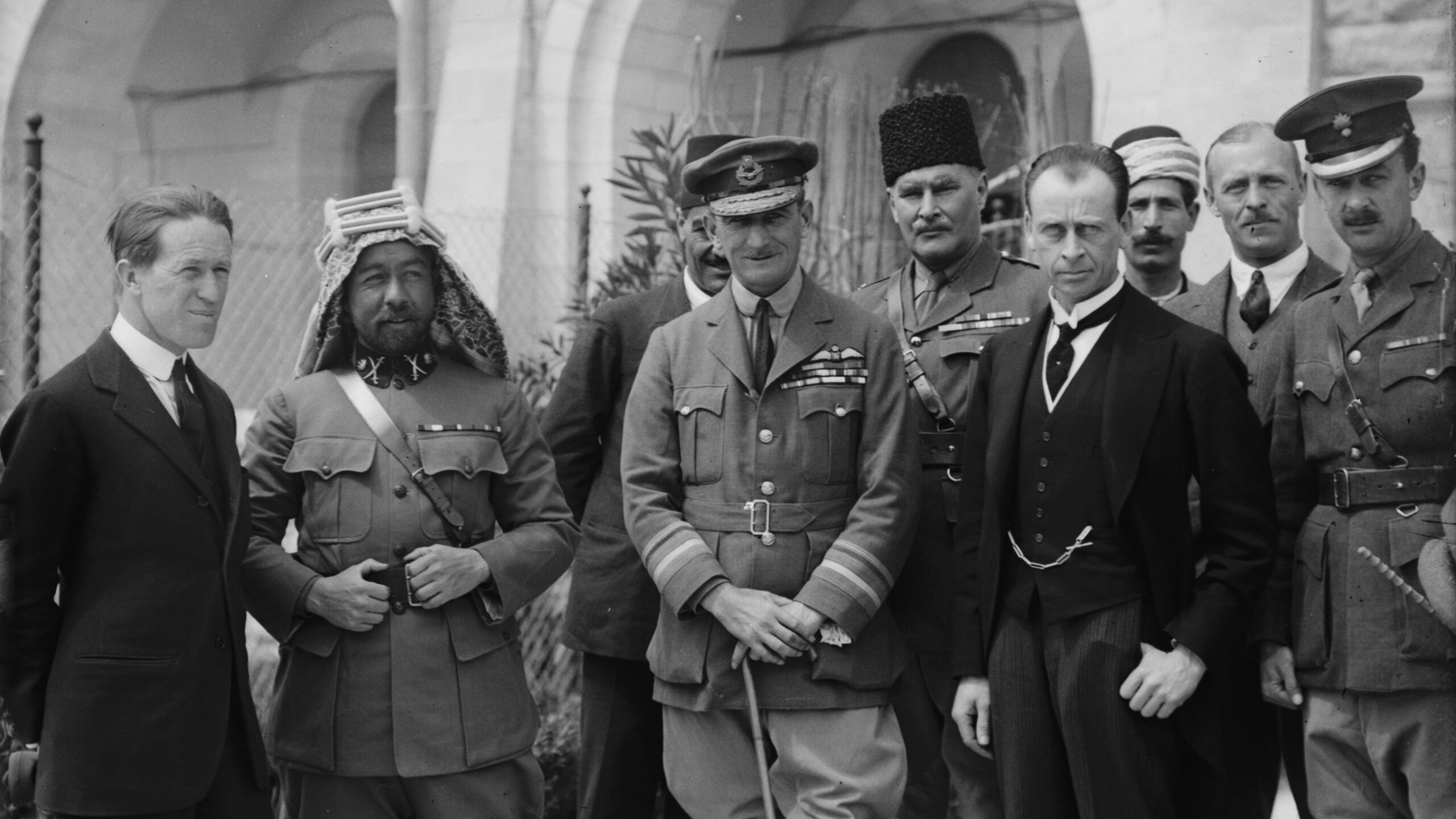
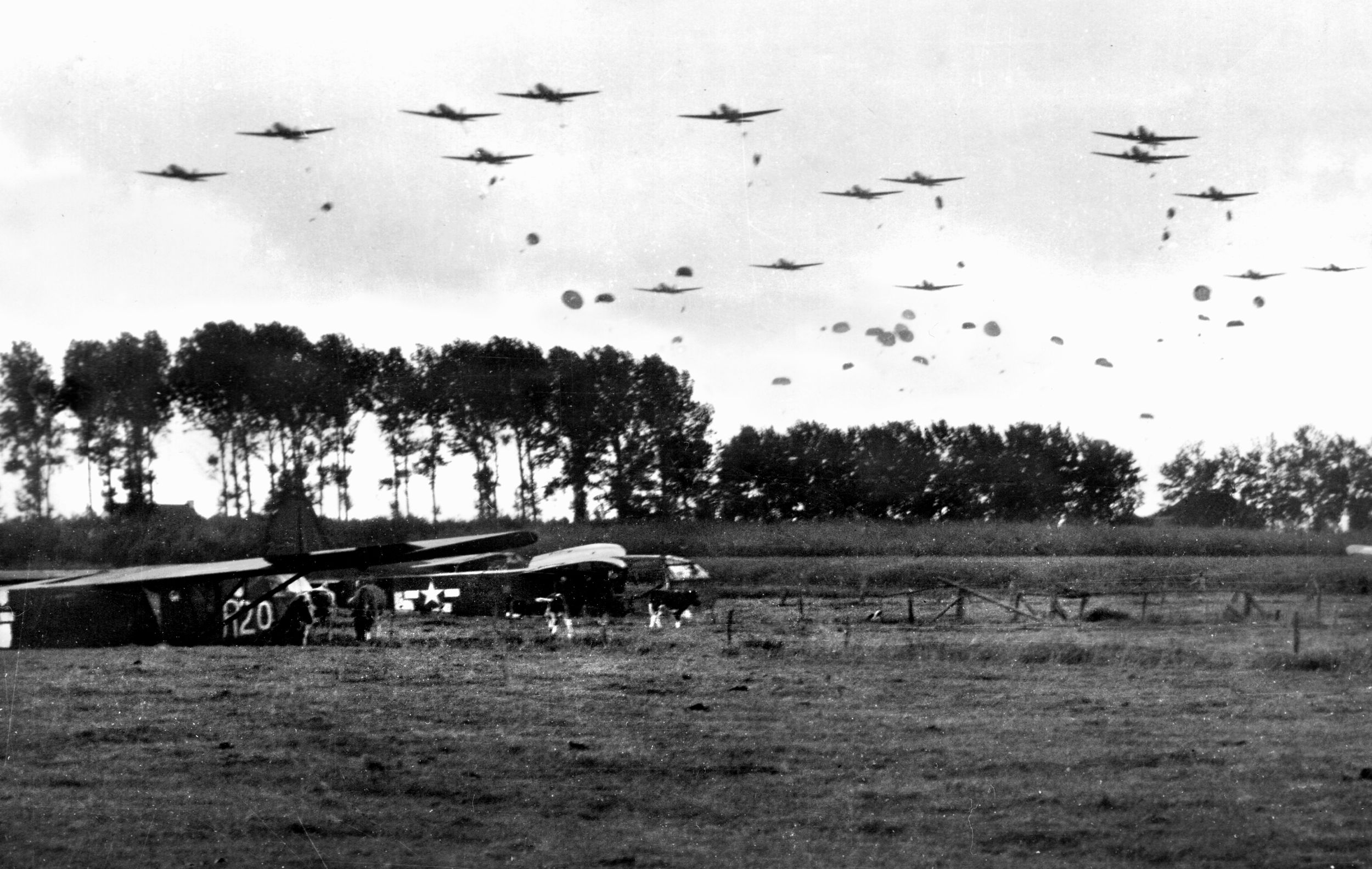
So, let me get this straight, if those 4 guns continued to fire on Utah Beach, the VIIth Corps amphibious assault would of failed? What a load of crap! Just tell the story in context and let the story speak for itself. Stop blowing events out of proportions!!
Mike
Is a bit out of proportion…but that is what sells.
Yeah Mike, Too much TV……How such and such UNIT played an important part of saving the beach head would have worked for me
My father landed at Utah Beach with the 3rd wave as a forward party anti-aircraft gunner. I do not care how those German guns were taken out or by whom. I am just glad those shells were no longer falling on my father and his comrades. Some times I just get tired of listening to “Armchair Generals” who do not know what they are talking about…….Jim Murphy, Sgt / USMC // Capt / USAF (Ret)
Bravo well said.
I too served in the Armed Forces. I did four years in the Field Artillery as a Cannoneer and later I moved over to FDC (Fire Direction) where I was a Chief of an FDC Section, A btry 10th FA, 3d Infantry Division. I got out to go to college, while in college I served two years in the 28th Infantry Division, in a 105mm battalion and then in a 4.2 inch mortar platoon. I then earned a commission in the US Army, doing 16 years as an Armor Officer (M-60A1s, M-1s, M60A3s). I also taught tactics at the US Army Infantry School for three years, and one of the vignettes we used was in fact the actions of LT. Dick Winters and Easy Company. However, we did not tell our students that those four guns would of caused the amphibious assault on Utah Beach to fail if it was not for Easy Company’s actions. What Easy Company did that day was great, they did an outstanding job, but the amphibious assault would not of failed if those four guns continued to fire.
I posted the article on Axis History Forum, this was one of the comments. Mike
“Yeah, the only problem with that story is that artillery fire onto UTAH did not end then. It wasn’t until the observationpoint on Mont Castre (Hill 122) was eliminated in early July that long-range fire onto the beach areas at UTAH ended. My Dad remembered vividly that when they landed the afternoon of 14 June the beaches were still under periodic shellfire.“
I appreciate the interest and comments this story has generated. Regarding the headline, it was written by an editor and is not a quote from Winters. I think most readers understand that if they read the story. If it was too much hyperbole for you, my apologies. Regarding when the German artillery fire ended on Utah, the story references a letter sent to Winters by Elliot Richardson, who was serving as a medic during the landings. They were both participants in the fight that day, and they both thought Winters and his men had caused the shelling to stop. Whether true or not, it apparently seemed possible to these two soldiers. Personally, I’m fine with that.